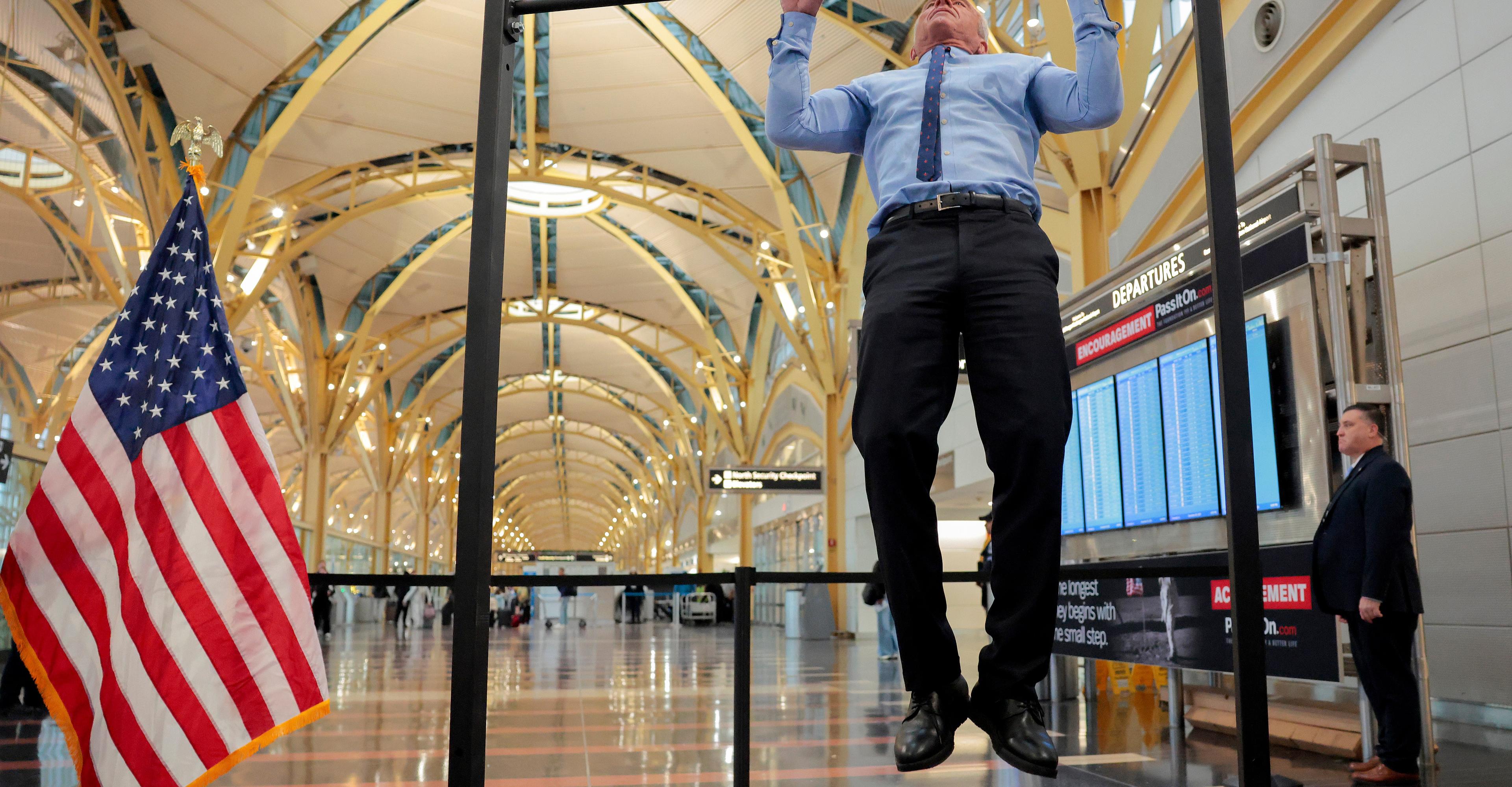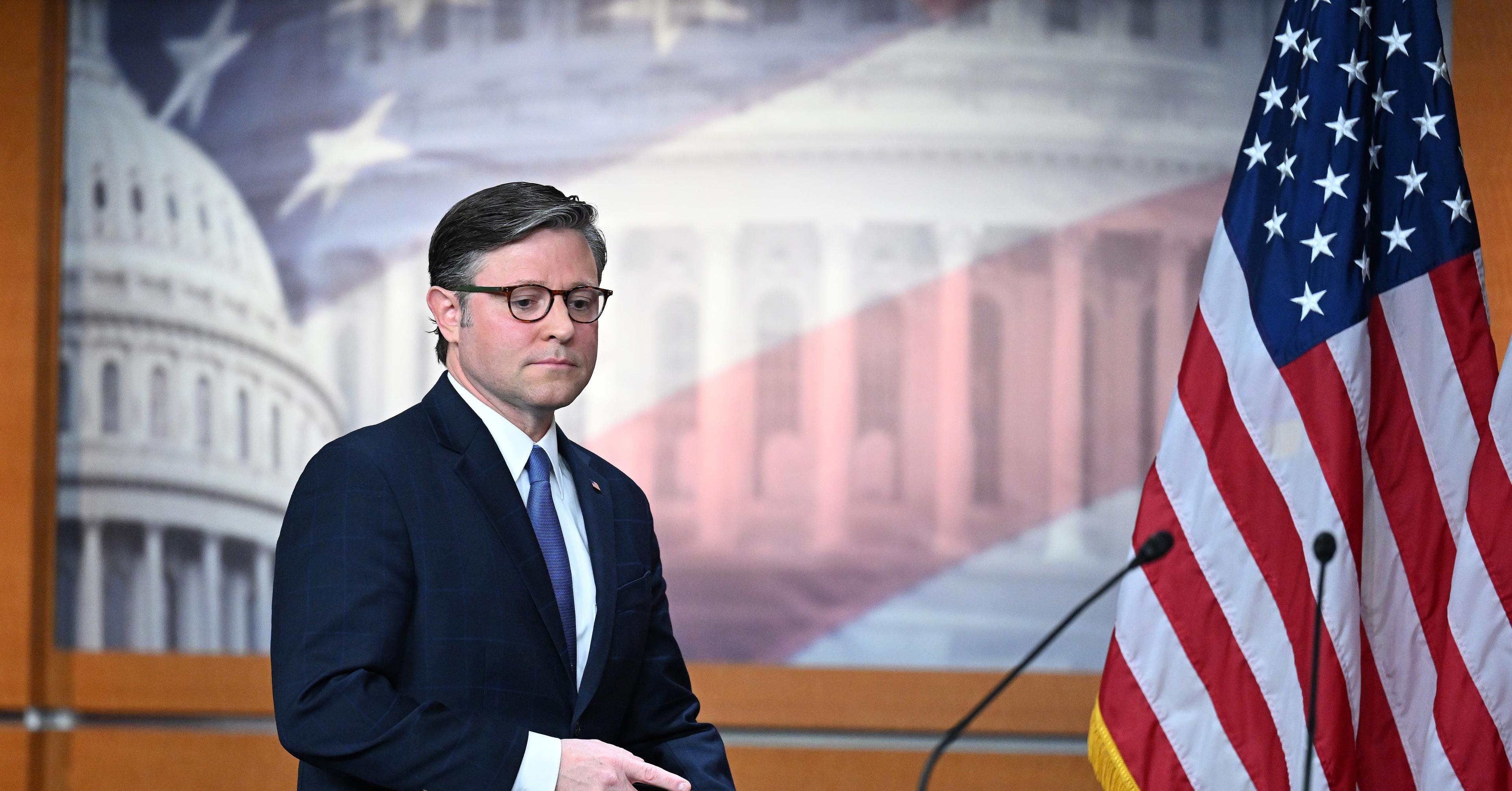Cricket and security concerns!
All arrangements were made for the first ODI between Pakistan and New Zealand at the Rawalpindi Cricket Stadium. The NZ team was on Pakistan's tour for the first time since 2003. Two mics along the boundary line were also installed on the ground for the toss before the match.

TV channels with the rights to broadcast the match live had set up their cameras.Spectators eagerly awaited entry into the stadium. And then the New Zealand Cricket Board announced that the match had been canceled and the players would return home. The people and the media were overjoyed at the resumption of international cricket in Pakistan and the Interior Minister came out in front of the cameras and announced that "hands in gloves have been shown" but he did not name any country. The Interior Minister further said no Pakistani agency was aware of any threat.
Rumors started circulating after the match was canceled in the name of security threats. Some called Britain and some called the neighboring country bad. The British High Commissioner had to explain on social media that the match was not canceled on the basis of any intelligence sharing by his country and London had no role in this tragic event. Emotional people on social media started kicking the New Zealand board and the government. Some people also mentioned the attacks in Christchurch, New Zealand in March 2019 and compared it to a visit to Pakistan.
Following the postponement of the New Zealand team's tour of Pakistan, the spokesperson of the English Cricket Board has also said that the final decision regarding the tour of the English team to Pakistan will be taken in the next 48 hours. The English team has to come to Pakistan to play two T20 matches before the World T20 matches while the British women's team is also going to visit Pakistan. A spokesman for the ECB said that the decision to end the tour of Pakistan due to security concerns of the New Zealand team was known and they were in full touch with their security team in Pakistan to understand the situation. There are fears that the British team's tour will be postponed because the security consultant is the same for both the teams. If the Kiwis have returned on the advice of this consultant, then the visit of the British team also depends on his advice.
This was the biggest news because of the people's insane attachment to cricket, even though there are many issues in the region due to the situation in Afghanistan. The SCO summit was important for Pakistan where the Prime Minister was present to represent the country, but even this event did not become the first and biggest news for the electronic media. The Home Minister's statement and the public reaction on social media is understandable, but the cancellation of the New Zealand team's tour has left us with many questions that need to be considered.
The position that our government has taken since the US withdrawal from Afghanistan does not seem acceptable to the world. We are repeatedly seen trying to represent the interim government in Kabul. Our actions are sending a message to the world that the Taliban have changed, that they must now deal with them and provide guidance and assistance in rebuilding this war-torn country. The world is not ready to admit that. The main reason for this is the track record of the Taliban and the attitude adopted in the previous government. The world expected that if the Taliban really did change, they would form a government representing the whole of Afghanistan after the departure of foreign powers, ensuring the rights of women and minorities. In forming an interim government, the Taliban ignored those expectations, and it is now being said that these expectations will be taken into account in forming a permanent government. He may be right, but can the abduction and torture of cameramen and journalists recording videos of protesting women being killed and protesting on the streets of Kabul and Kandahar make this government acceptable?
Now the grief of our soldiers who were martyred in Waziristan is fresh and our 'elected' rulers go around offering general amnesty for the TTP. There have been major terrorist incidents in Dasu and Quetta before. There is a danger that is constantly looming over our heads. The habit of closing our eyes like a dove and imagining ourselves safe from dangers now seems to be our second nature, why? The Home Minister may be telling the truth that there is no threat to the New Zealand team, I am trying to acknowledge this, but the question keeps ringing in my mind that the Dasu attack was also called an accident by this government, then the Chinese protests. And after the reaction, it was considered terrorism. Why don't we call terrorists terrorists? The TTP's response to the amnesty offer came before the cancellation of the New Zealand team's tour. This group mocked those who offered amnesty, why are their spirits so high? It was the TTP that fled the country as a result of Pakistan Army operations and was sheltered by our enemies in Afghanistan. Many TTP terrorists were imprisoned by the previous Afghan government due to protests and pressure from Pakistan, but the Afghan Taliban 'conquered' every city and 'amnesty' all jailed terrorists and criminals without distinction. Giving up and now they have become a threat to us once again. Has the interim government of Kabul made this friendship with us?
As a result of our position and the attitude of the Kabul Interim government, the international media has launched a campaign for sanctions against us. The editorial board of the American organization Bloomberg must have passed through the eyes of all informed and influential people. Everyone must have read the editorial of the Financial Times. The campaign seems to be intensifying day by day. How long will we continue to hold others accountable for our weaknesses and flawed policies? Our rulers today take credit for the fact that we have long been opposed to the so-called war on terror and did not believe in a military solution to the Afghan problem. I agree, you were right, but what is the solution? Will we let the blood and sacrifice of our soldiers and innocent civilians go in vain? Will terrorist groups once again push us to ruin because of our weak and flawed policy? Will we always be contractors to others?
The United States and other foreigners have left Afghanistan. Whether it is rebuilding Afghanistan or their political future, we should leave them to their own devices. Those whom we consider our friends and well-wishers today are not restraining their allies. Among the weapons and equipment recovered from the terrorists' possession after the operation in Waziristan were armored vehicles donated to them across the Durand Line. The names of gift senders were also inscribed on these vehicles and these vehicles are still a testimony to the fact that the TTP is not a separate organization as elements from both sides of the Durand Line act collectively. Our soldiers are scarificing their lives in order to stop the negators of the Durand Line. We still have time to get rid of troubling and hurting ourselves for others.










